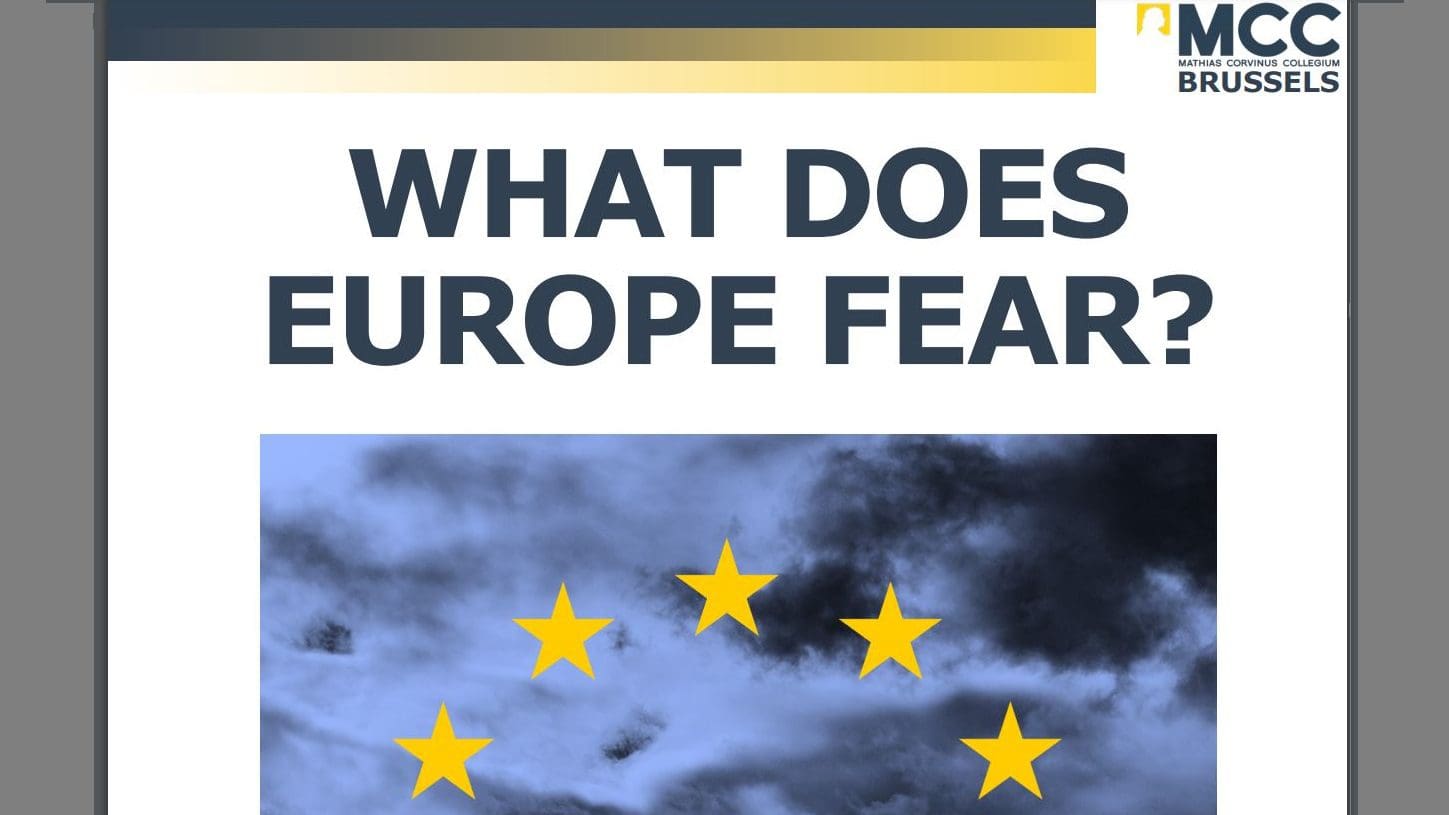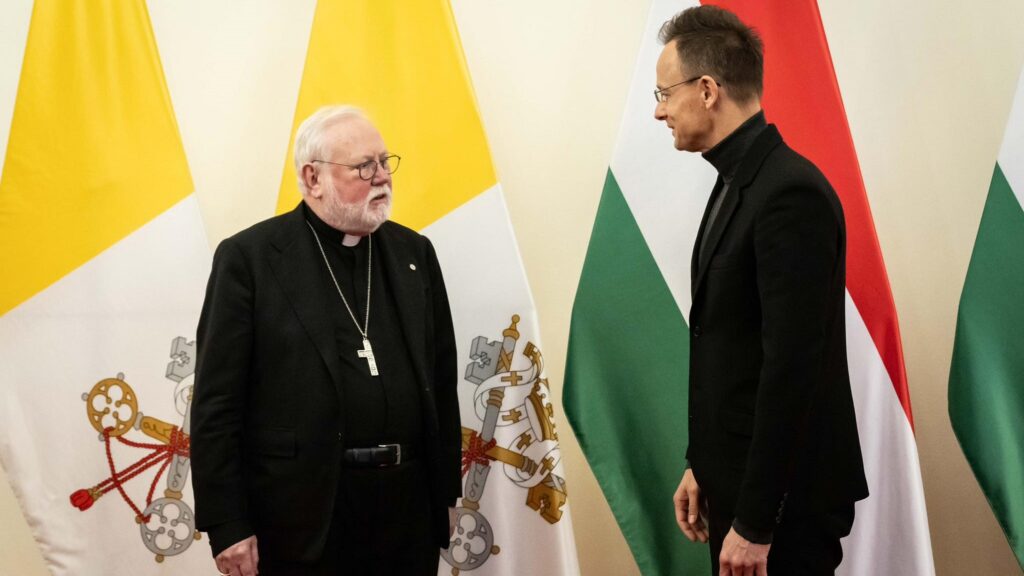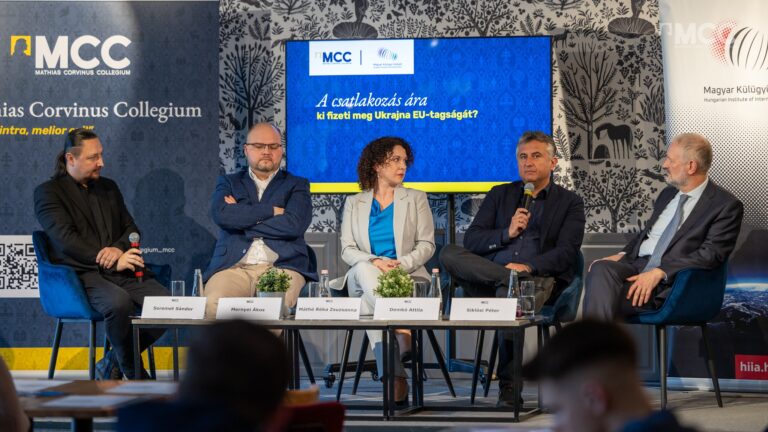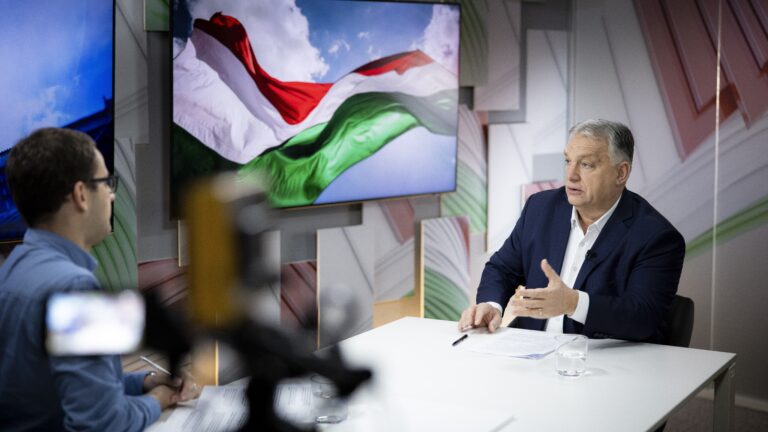A recent report titled What Does Europe Fear? by MCC Brussels has raised significant doubts about the reliability and authenticity of Eurobarometer survey results. The Eurobarometer surveys have been conducted semi-annually since 1974 in all European Union member states on behalf of the European Commission and its related institutions.
According to Professor Bill Durodié, the report’s author, many questions in the Eurobarometer polls primarily revolve around the respondents’ perceptions of the European Union, its institutions, policies, and direction.
This practice has blurred the line between genuine research and propaganda,
resulting in unintentional limitations and conscious manipulation.
Furthermore, the report demonstrates that the formulation and presentation of questions and response options have been designed to promote ‘integrationist’ sentiments. This type of manipulation includes showcasing only positive opinions, avoiding certain topics, and eliminating questions that yield critical responses. Overall, this process appears to create a faux ‘European public opinion’ that lacks empirical support.
Executive Director of the MCC Brussels think tank and the commissioner of the report Frank Füredi highlights that most of the surveys examined reveal a consistent trend among ordinary people. They tend to prioritize economic concerns such as employment, wages, and prices over other issues.
There is a noticeable gap between the fears of the general population and the concerns of the elite.
When not influenced, the public’s concerns tend to revolve around immediate issues such as employment, health, and education; while the elites tend to focus on more abstract topics like climate change, cybersecurity, and individual identity. However, this disconnect between the elite and the public cannot be sustained indefinitely, especially in areas like education and environmental policies, where there is pushback. Ultimately, this is the reflection of a clash of values among different social groups.
Professor Bill Durodié concludes that the report reveals that appeals to public opinion surveys do not provide a clear indication of what ‘the public’ genuinely thinks. Often, these surveys are intentionally constructed or manipulated to align with predetermined agendas. Therefore, the report highlights the necessity of conducting unbiased research, attuning to people’s underlying dispositions, unexpressed views, and semi-conscious concerns. It also advocates for the commissioning and execution of surveys that genuinely explore people’s fears and concerns.
Related articles:
Source: Hungarian Conservative/MCC Brussels








